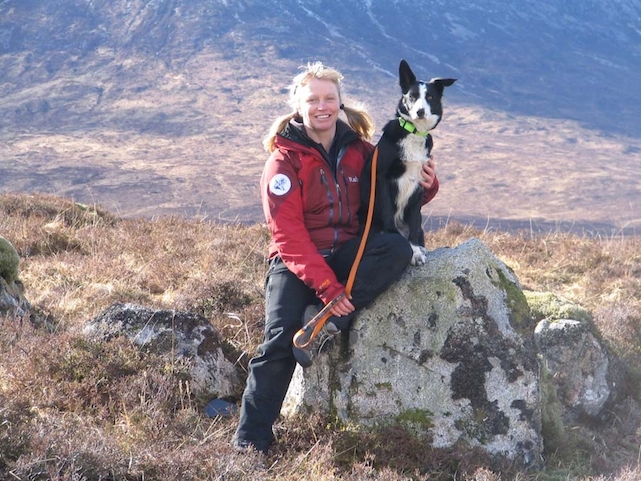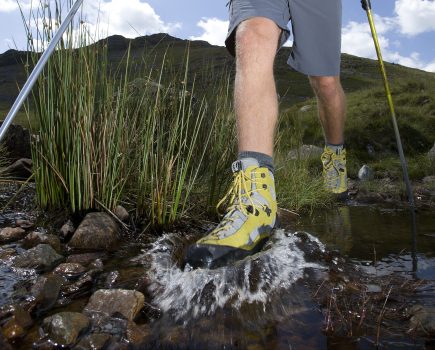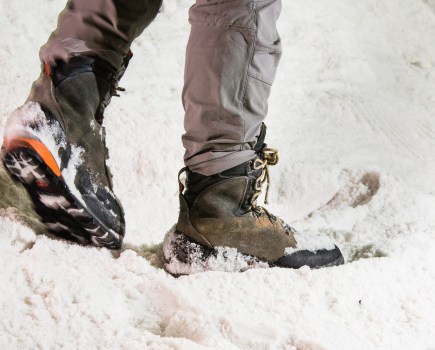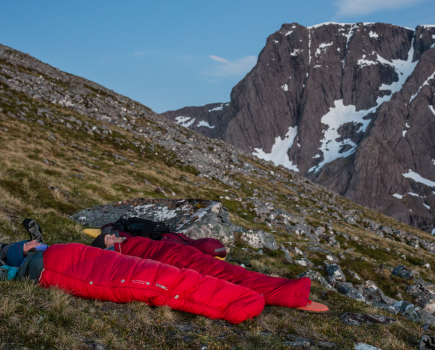Lack of fluids can lead to accidents when climbing and walking. Mountaineering Council of Scotland of guidelines
Hill walkers generally concentrate on keeping water out. But a mountain safety expert has reminded walkers and climbers that it’s important to take enough water in too.
Dehydration can lead to a lack of alertness, which can have serious consequences on difficult or exposed ground. And it can lead to problems through poor decision-making and poor performance.
That’s not to mention headaches and aching limbs.
Heather Morning, Mountain Safety Adviser with the Mountaineering Council of Scotland (MCofS), said: “It’s important to drink plenty of fluids when hill walking – especially during the warmer weather in summer.
“As we climb a hill we are sweating and losing fluid – far more than normal. And when you lose more fluid than you take in, it upsets the balance of salt concentration in your body, which then affects many of the body’s functions.
“Common symptoms of dehydration on the hill are thirst, yellow urine, fatigue, dizziness, lack of concentration and headaches.”
The answer is simple: drink water.
Heather recommends drinking before, during and after a day on the hill, aiming for two litres during a 6-8-hour day.
“Water is heavy – a litre weighs a kilogramme – but it’s not necessary to carry it all with you. Water in the Scottish mountains is arguably some of the cleanest in the world, but be sensible. Ensure your water source is upstream from the highest habitation and that the water is flowing. Using a hydration pack may be useful to encourage drinking little and often rather than having to stop and take a bottle or flask out of your rucksack.”
Heather added that, surprisingly, thirst is not a reliable sign of dehydration, with urine colour being the best indicator.
And she confessed: “I am often guilty of being dehydrated on the hill, and my body is very good at telling me the next day – with stiff, sore leg muscles!”







